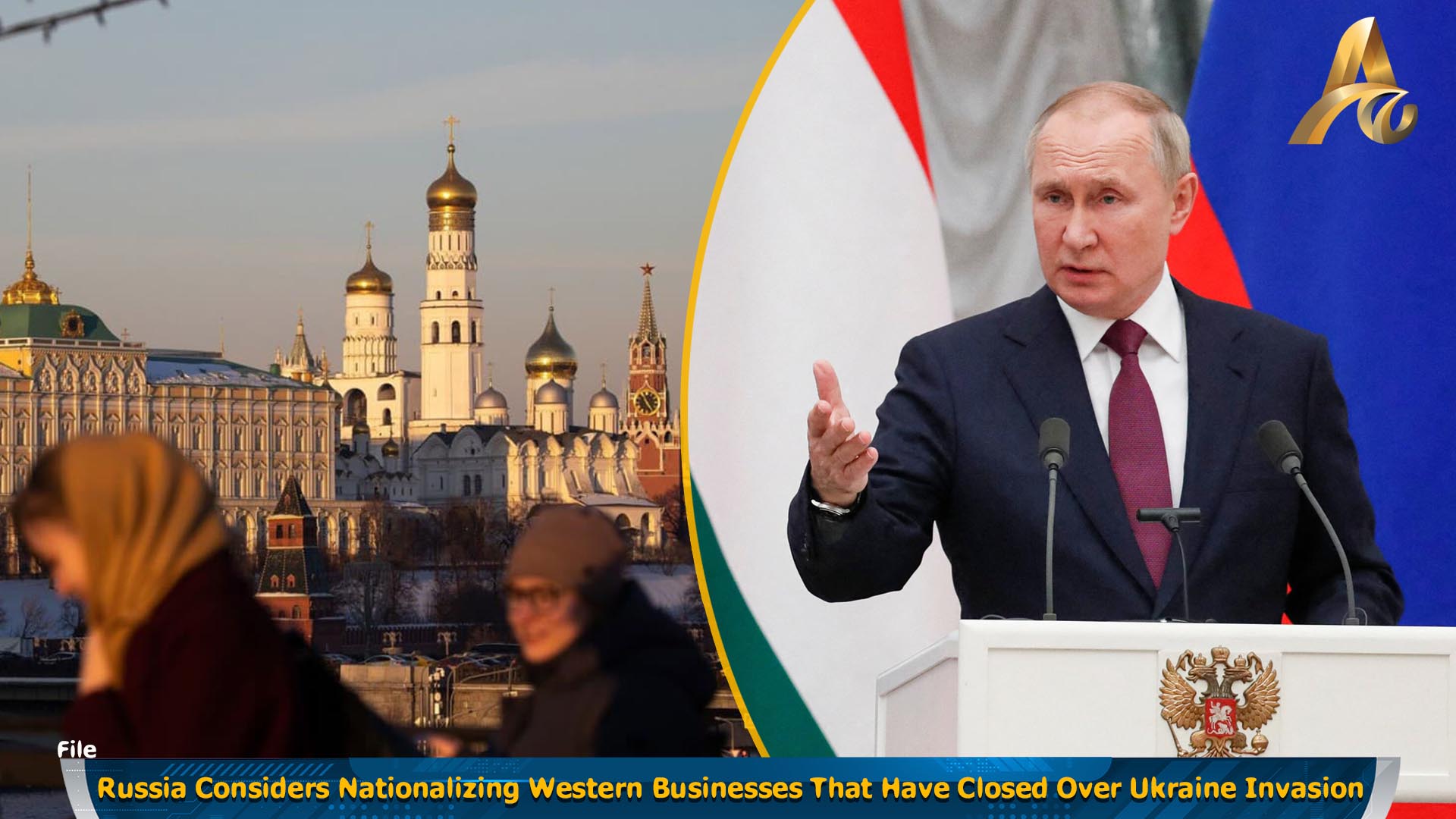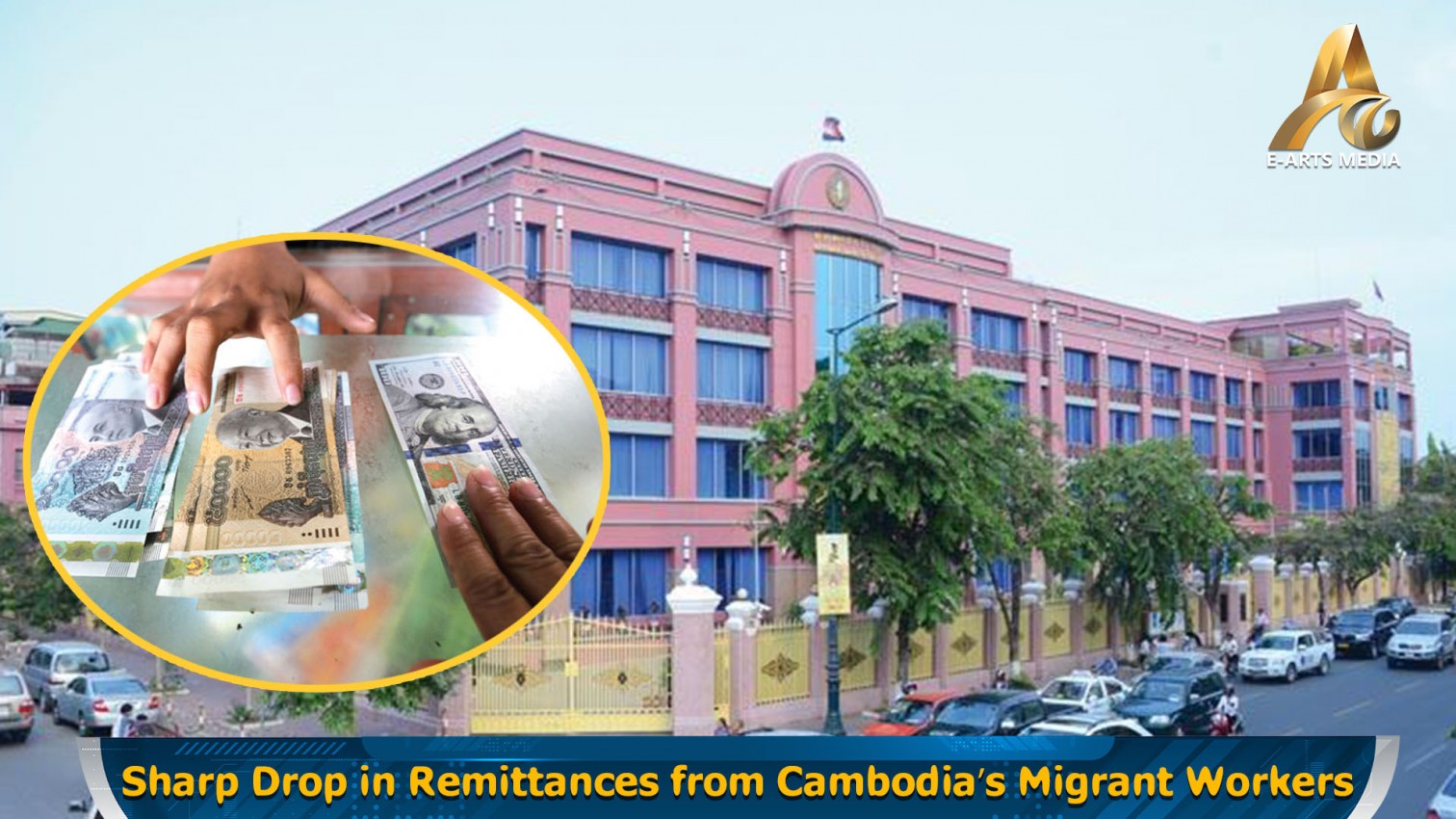INTERNATIONAL: The list of global brands pulling out of Russia is growing by the day as some of the world’s biggest corporations, from energy to consumer goods and electronics, suspend operations in the country. While sanctions and capital controls are making it harder to conduct business, companies are also concerned about potential backlash over being seen as supporting President Vladimir Putin’s invasion of Ukraine.
Russia has effectively legalized patent theft from anyone affiliated with countries “unfriendly” to it, declaring that unauthorized use will not be compensated.
Russian President Vladimir Putin on Thursday endorsed a plan to nationalize foreign-owned businesses that flee the country over its invasion of Ukraine, reflecting the Kremlin’s alarm over job losses and other economic pain the exodus is inflicting.
Putin’s approval of the plan, scheduled to be discussed in Russia’s parliament Friday, came as Goldman Sachs said it was “winding down” its business in Russia, following hundreds of other Western firms that have closed or suspended operations.
The patent decree and any further lifting of intellectual property protections could affect Western investment in Russia well beyond any de-escalation of the war in Ukraine, said Josh Gerben, an intellectual property lawyer in Washington. Firms that already saw risks in Russian business would have more reason to worry.
“It’s just another example of how [Putin] has forever changed the relationship that Russia will have with the world,” Gerben said.
The decree, issued this week, illustrates the economic war waged around Russia’s invasion of Ukraine, as the West levies sanctions and pulls away from Russia’s huge oil and gas industry. Russian officials have also raised the possibility of lifting restrictions on some trademarks, according to state media, which could allow continued use of brands such as McDonald’s that are withdrawing from Russia in droves.
The effect of losing patent protections will vary by company, experts say, depending on whether they have a valuable patent in Russia. The U.S. government has long warned of intellectual property rights violations in the country; last year Russia was among nine nations on a “priority watch list” for alleged failures to protect intellectual property. Now Russian entities could not be sued for damages if they use certain patents without permission.
During a meeting with government officials Thursday, Putin said Russia must “introduce external management” on departing companies “and then transfer these enterprises to those who want to work,” endorsing a legislative proposal that would create a pathway for the government to take over and eventually sell businesses that quit the country.
Putin’s remarks are another sign of the economic distress hitting Russia in the wake of unprecedented Western sanctions. The ruble has lost more than 40 percent of its value since the invasion began two weeks ago, prompting Russia’s central bank to restrict the trade of the currency to try to halt its fall.
The effect of sanctions and corporate departures “is not like a bomb hitting a house that destroys it immediately,” Mironov said. “People can still buy stuff, people still have some money, people still can at least travel within Russia. But very soon it’s going to be very much different. It’s going to be a disaster.”
Late Thursday, the White House warned Russia against nationalizing assets.
“Any lawless decision by Russia to seize the assets of these companies will ultimately result in even more economic pain for Russia,” White House press secretary Jen Psaki said in a tweet, adding that such measures “may also invite legal claims from companies whose property is seized.”
The nationalization proposal would allow the government to request a court order to impose external management on the factories, shops, and other facilities that departing companies leave behind to “prevent bankruptcy and preserve jobs,” Putin’s party, United Russia, said in a statement this week.
The rule would apply to companies in which “unfriendly nations” own more than 25 percent and which “stop operations” in Russia, Putin’s political party said.
Companies will be able to halt the nationalization process if they restart their businesses within five days of the court order or sell their assets in a manner that preserves the business activity and jobs, the party said.
Mironov, the economist, said many Russian leaders don’t grasp what it would take to continue running these companies.
Ikea “furniture is not growing inside the stores. … Many officials don’t understand how the modern economy will run,” he said. “If you have a BMW factory but BMW will not ship your components, what is the point? If you seize Ikea and Ikea isn’t going to ship your products, it’s not going to work!”
More than 330 foreign companies have announced their withdrawal from Russia, according to Yale School of Management, putting thousands of jobs in jeopardy.
McDonald’s, which is temporarily closing 850 restaurants, will continue to pay its 62,000 Russian employees and make lease payments on its locations in the country, Kevin Ozan, the company’s chief financial officer, said in a meeting with analysts this week.
He estimated those payments and other costs associated with closing down the business will total $50 million a month.
“We expect this to be temporary, and we certainly don’t take this decision lightly,” he said.
Vyacheslav Volodin, speaker of the lower house of parliament, the State Duma, said Thursday that Russian-branded restaurants should take over McDonald’s locations.
“They announced they are closing. Well, okay, close. But tomorrow in those locations we should have not McDonald’s, but Uncle Vanya’s,” he said. “Jobs must be preserved and prices reduced.”
Copyright in Russia developed originally along the same lines as in Western European countries. The first copyright statute dated back to 1828, and in 1857, a general copyright term of fifty years was instituted. The copyright law of 1911 was inspired by Western laws of the continental European tradition. One noteworthy exception in Russian copyright law was the "freedom of translation"—any work could be freely translated into another language.
Under the Soviet Union, the copyright law was changed to conform more to Socialist ideology and economics. The duration of copyright was reduced, first to 25 years from the first publication of a work and then in 1928 to 15 years after the author's death before it was increased again to 25 years p.m.a. in 1973 when the USSR joined the Universal Copyright Convention. After the demise of the Soviet Union, the Russian Federation at first took over the last Soviet legislation from 1991, which hadn't even become effective anymore in the USSR. In 1993, a new, modernized copyright law of Russia entered into force, which was in line with the leading international copyright treaties. As part of a project to develop a new Civil Code of Russia, the copyright law was completely rewritten and integrated into the Civil Code in 2006, with the new provisions becoming effective on January 1, 2008.
On an international level, the Soviets pursued until the late 1960s an isolationist policy. While the Tsars had concluded several short-lived bilateral copyright treaties with Western nations, the Soviet Union had no external copyright relations at all until 1967, when it concluded its first bilateral treaty with Hungary. A major change occurred in 1973 when the USSR joined the Universal Copyright Convention. Subsequently, more bilateral treaties were concluded, amongst them two with Western countries (Austria and Sweden). After its foundation as an independent successor state of the USSR, the Russian Federation joined the Berne Convention in 1995. The negotiations about the adherence of Russia to the World Trade Organization (WTO) led to several amendments of the Russian copyright law to meet the adherence requirements.
Copyright in the Russian Federation, The Supreme Soviet of the Russian Federation passed a decree that made the USSR 1991 Fundamentals effective in Russia from August 3, 1992, on, insofar as these Fundamentals contradicted neither the Constitution of the Russian Federation nor other legislative acts of Russia passed after June 12, 1990.[64] Section IV of the 1991 Fundamentals was in effect for exactly one year until the new Copyright law of the Russian Federation entered into force on August 3, 1993.[65]
With the war, Ukrainian and Russian copyrights look like changing.























